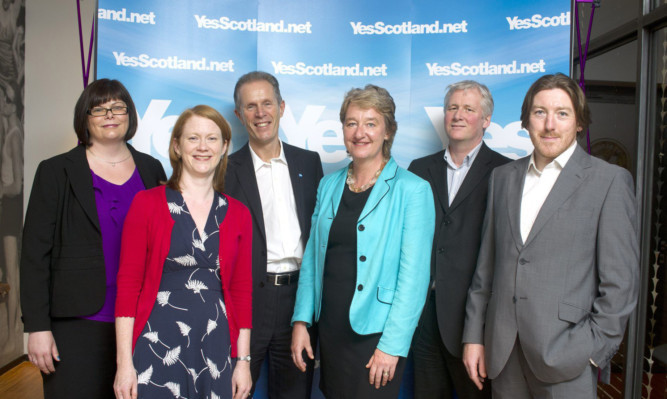
By Susan Stewart, former communications director of Yes Scotland.
I am a founder member of Women for Independence, which began in March 2012, even before the official Yes Scotland organisation.
We anticipated that, without a grass roots campaigning organisation, set up in an entirely different way from parties, the chances of closing the gender gap, and winning more women over to Yes were limited.
Sadly, although many more women came over to Yes in the last three months of the campaign, far more did not find the message compelling enough.
In my view, neither of the official campaigns got their tone and messaging quite right when it came to women’s votes.
Better Together’s “housewife” video was widely derided, even by their own supporters, as both dated and patronising. But the official Yes campaign was notable, too, for rarely nominating women as official Yes spokespeople.
The Yes campaign put great emphasis and resource on a digital and social media campaign which, from Women for Independence’s experience, failed to persuade undecided or No leaning women.
Much has been written about the power of the internet in this referendum. But it can also be an echo chamber, serving only to confirm the “true believers” in the rightness of their cause.
And while no one can have been surprised that most newspapers resolutely supported the No campaign, the power which radio and television still has, particularly among women voters, was too little understood and opportunities were missed.
One of the major successes of the Yes campaign was the sheer number of ordinary people who got involved in local groups. By contrast, Better Together was mostly reliant on traditional party members and they struggled or refused to attend many public meetings.
With hindsight, many in Yes may regret the number of meetings we held, where the clear majority were often already Yes, rather than focusing our energies on gathering voter intelligence on the doorsteps.
The Labour party in Scotland may not command the level of support it once did. But it still has a formidable election-winning machine.
Their focus on early canvassing meant that their much smaller activist base was, ultimately, much more efficient.

Enjoy the convenience of having The Sunday Post delivered as a digital ePaper straight to your smartphone, tablet or computer.
Subscribe for only £5.49 a month and enjoy all the benefits of the printed paper as a digital replica.
Subscribe